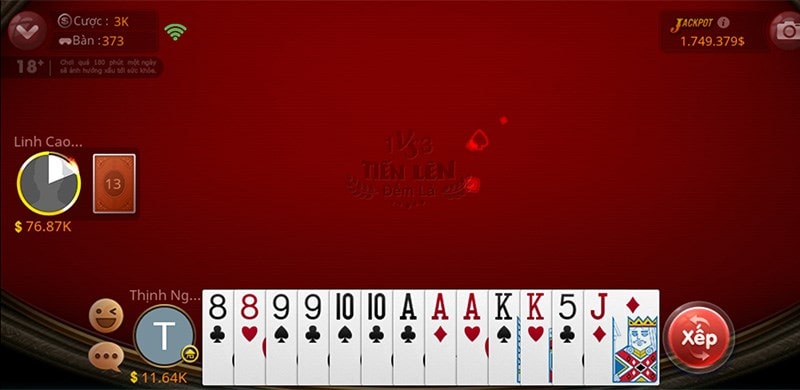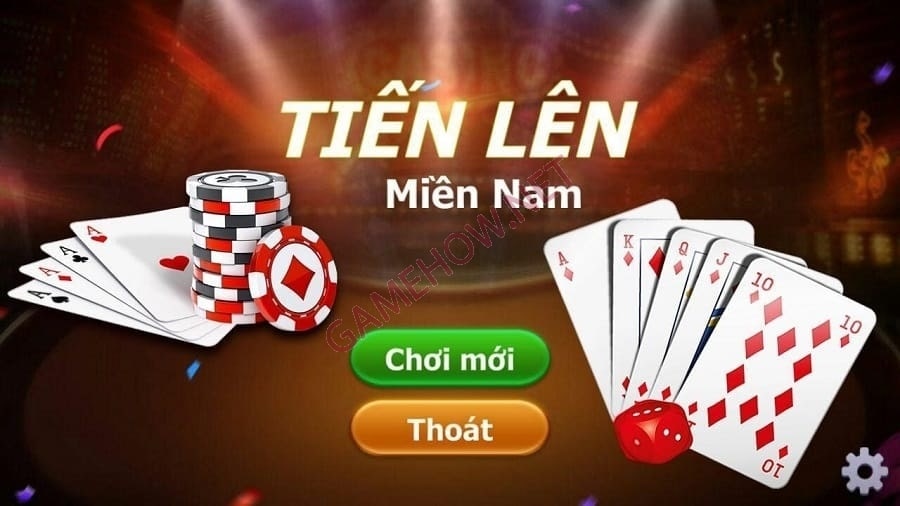92lottery Poker, also known as Vietnamese Crazy Eights, is a captivating card game that has captured the hearts of players worldwide. This fast-paced and strategic game offers a unique blend of skill, luck, and social interaction, making it a beloved pastime for both casual and competitive players. In this comprehensive article, we will delve into the intricacies of Poker, providing you with the knowledge and strategies to conquer the game and emerge victorious in your battles.
Understanding the Basics

Objective and Card Ranks
The primary objective in Poker is to be the first player to discard all of your cards. The game is played with a standard 52-card deck, with the cards ranking from high to low as follows: Ace, King, Queen, Jack, 10, 9, 8, 7, 6, 5, 4, 3, 2.
Card Combinations and Gameplay
In Poker, players take turns playing card combinations, which can include single cards, pairs, three-of-a-kind, four-of-a-kind, and straights (sequences of consecutive cards of the same suit). The gameplay revolves around players strategically discarding their cards, while also attempting to block or outplay their opponents.
Scoring and Victory Conditions
The game typically ends when one player successfully discards all their cards, and the remaining players’ scores are calculated based on the cards they have left in their hands. The player with the lowest score at the end of the game is declared the winner.
Mastering Card Combinations

Single Cards and Pairs
The most basic card combinations in Poker are single cards and pairs. Players must carefully consider the strength and timing of their single card and pair plays to gain an advantage over their opponents.
Three-of-a-Kind and Four-of-a-Kind
Three-of-a-kind and four-of-a-kind combinations offer powerful options for players to quickly discard multiple cards. Recognizing the optimal times to use these combinations can be a game-changer.
Straights and Sequences
Constructing and playing straights, or sequences of consecutive cards, is a crucial skill in Poker. Mastering the art of building and utilizing straights can provide you with a significant edge over your opponents.
Tactical Maneuvering

Blocking and Preventing Opponents
Effectively blocking and preventing your opponents from making moves is a key aspect of Poker. Anticipating their plays and strategically discarding your cards can disrupt their plans and gain you an upper hand.
Discarding and Card Management
Efficient card management is essential in Poker. Carefully considering which cards to discard and when can help you maintain control of the game and set up favorable situations for future turns.
Bluffing and Psychological Tactics
Incorporating bluffing and psychological tactics into your gameplay can add an extra layer of complexity and uncertainty for your opponents. Mastering the art of deception can give you a significant advantage in close-knit Poker battles.
Competitive Strategies
Adapting to Different Playstyles
Poker players come with diverse backgrounds and preferences. Recognizing and adapting to different playstyles can help you navigate competitive matches more effectively.
Analyzing and Predicting Opponent Moves
Closely observing and analyzing your opponents’ patterns and tendencies can provide valuable insights that can inform your strategic decision-making throughout the game.
Advanced Techniques and Synergies
Exploring and mastering advanced Poker techniques, such as coordinated card combinations and strategic card sequencing, can give you a significant edge in competitive play.
Socialization and Etiquette
Fostering a Positive Gaming Environment
Poker is not just a game of skill; it’s also a social experience. Maintaining a respectful and enjoyable atmosphere at the gaming table can enhance the overall experience for all participants.
Sportsmanship and Camaraderie
Embracing good sportsmanship and fostering a spirit of camaraderie among fellow Poker players can create lasting connections and strengthen the gaming community.
Shared Experiences and Memories
The shared experiences and memories created through Poker gameplay can contribute to the game’s enduring appeal and create a sense of community among players.
FAQs
What is the objective of Poker?
The primary objective in Poker is to be the first player to discard all of your cards. The game revolves around strategically playing card combinations to outmaneuver your opponents and be the first to reach the goal.
How are cards ranked in Poker?
The cards in Poker are ranked from high to low as follows: Ace, King, Queen, Jack, 10, 9, 8, 7, 6, 5, 4, 3, 2.
What are the different card combinations in Poker?
The main card combinations in Poker include single cards, pairs, three-of-a-kind, four-of-a-kind, and straights (sequences of consecutive cards of the same suit).
How is the scoring and winner determined in Poker?
The game typically ends when one player successfully discards all their cards, and the remaining players’ scores are calculated based on the cards they have left in their hands. The player with the lowest score at the end of the game is declared the winner.
What are some key strategies for success in Poker?
Some key strategies for success in Poker include mastering card combinations, effective blocking and preventing of opponents, efficient card management, and incorporating bluffing and psychological tactics into your gameplay.
Conclusion
Poker, a captivating Vietnamese card game, offers a thrilling and strategic gaming experience that has captivated players around the world. Whether you’re a seasoned veteran or a newcomer to the game, this comprehensive guide has provided you with the knowledge and insights to elevate your Poker skills and emerge victorious in the battles that lie ahead. Embrace the challenge, hone your strategies, and prepare to dominate the Poker landscape!


